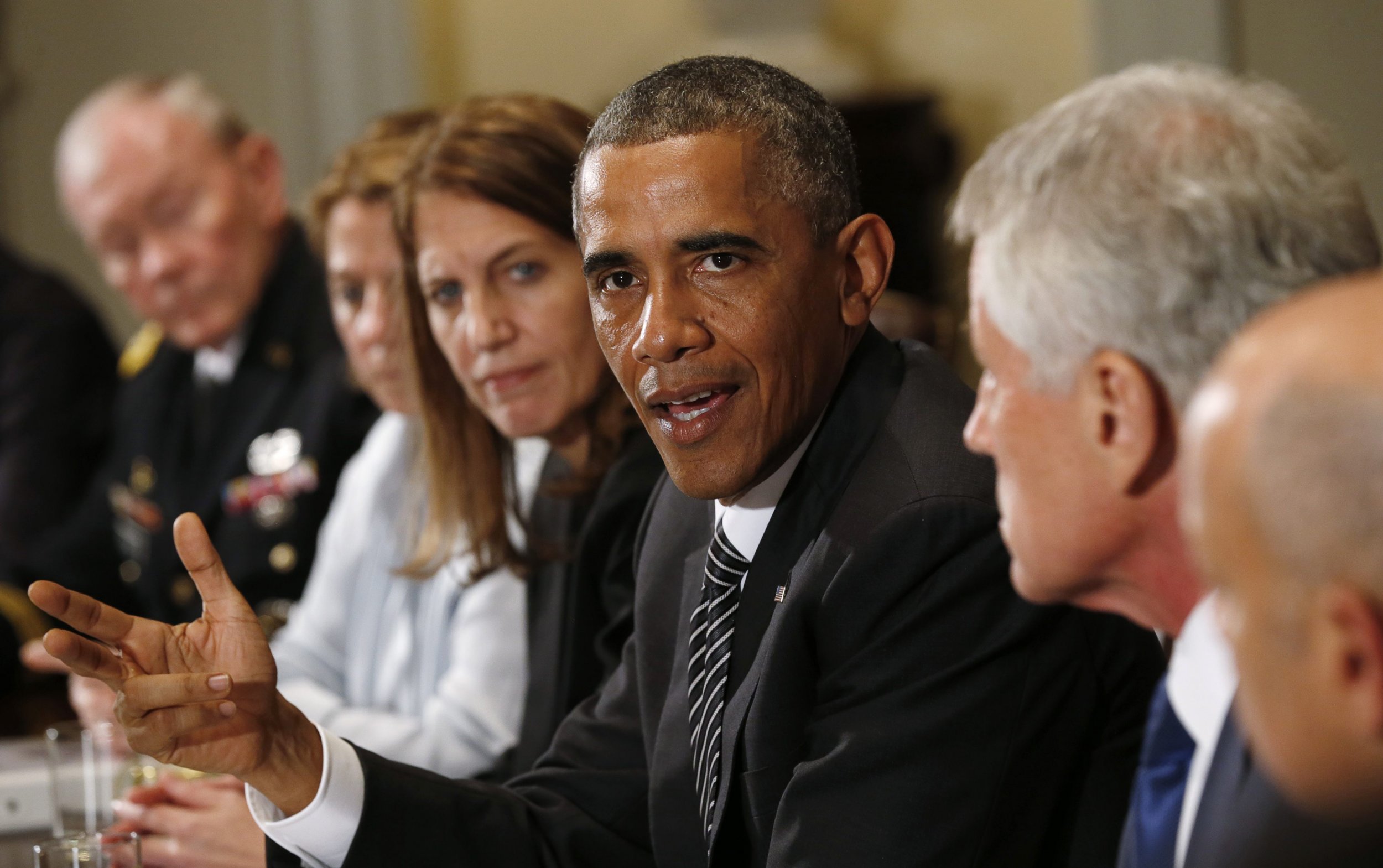
President Barack Obama has appointed Ron Klain, former chief of staff to Vice President Joe Biden, to oversee the government's Ebola response effort in the United States and West Africa, a position the media quickly dubbed the "Ebola czar."
Klain's new position, which the White House is calling the "Ebola response coordinator," will be largely managerial and behind the scenes. He will report to National Security Adviser Susan Rice and Counterterrorism Adviser Lisa Monaco, according to The Associated Press.
But during public health scares like the occurrence of Ebola in the U.S., the government also needs to communicate health advice to the public. As the media—and some political candidates—stoke fears about a full-blown Ebola outbreak in the U.S., shouldn't there be someone to tell us what's going on?
The answer is yes. That person is the surgeon general of the United States.
The problem is, the U.S. doesn't have a surgeon general. Last year, Obama nominated public health advocate Dr. Vivek Murthy to the position. But Republicans didn't like Murthy, who thinks gun violence is a public health issue. A year ago he tweeted, "Tired of politicians playing politics w/ guns, putting lives at risk b/c they're scared of NRA. Guns are a health care issue."
That didn't go over well with the powerful gun lobby headed by the National Rifle Association, which opposed Murthy's nomination. Republicans who fear the NRA's wrath opposed Murthy's nomination, as did some red state Democrats.
Republicans also questioned Murthy's youth (he was 36) and his obvious support for the president's policies as head of the Obama campaign-affiliated group Doctors for Obama. Murthy's nomination never came to a vote in the Senate, which has gone nearly a year without confirming a new surgeon general.
Today, we have an Ebola czar but no surgeon general. There is an acting surgeon general, Rear Admiral Boris Lushniak, but in light of the Ebola outbreak and panic, he hasn't stepped up in the way a confirmed surgeon general would be expected to. The public face of the Ebola response has, instead, become Thomas Frieden, director of the U.S. Centers for Disease Control and Prevention, whose efforts have come under criticism since two nurses contracted the disease from contact with a patient being treated in Dallas.
Reassuring the nation over health issues should be the job of the surgeon general, who, as the "nation's doctor," is supposed to inform Americans about diseases and allay their fears about catching them.
"The surgeon general is America's doctor, delivering information to the American people in a language they can understand," former surgeon general Regina Benjamin told MSNBC. "Not having one right now, you don't have that face and that person that the American people can identify with as their doctor who's looking out for them on a large scale."
Uncommon Knowledge
Newsweek is committed to challenging conventional wisdom and finding connections in the search for common ground.
Newsweek is committed to challenging conventional wisdom and finding connections in the search for common ground.
About the writer
Pema Levy is a Washington Correspondent for Newsweek, covering Congress, elections and dabbling in court battles and other political miscellany. ... Read more
To read how Newsweek uses AI as a newsroom tool, Click here.








